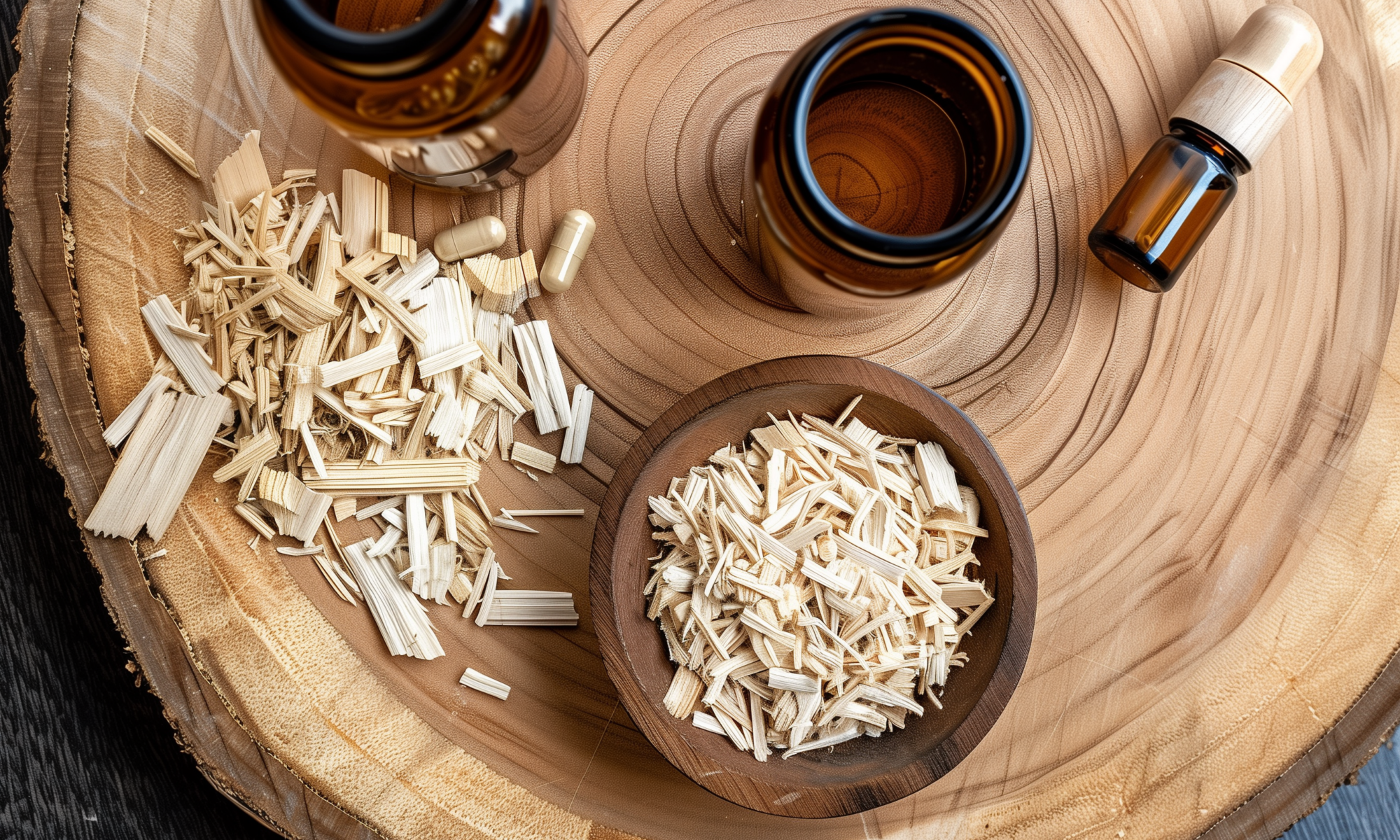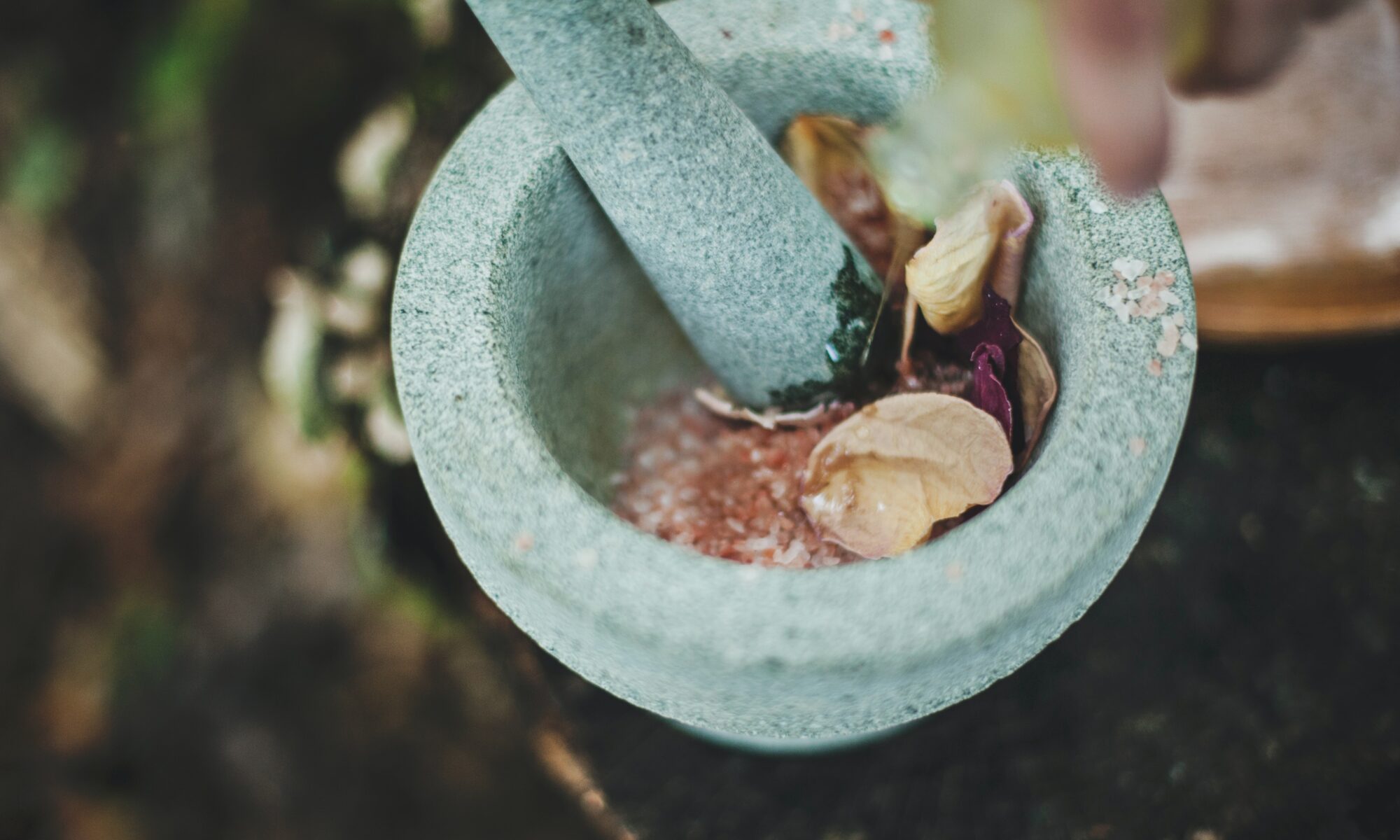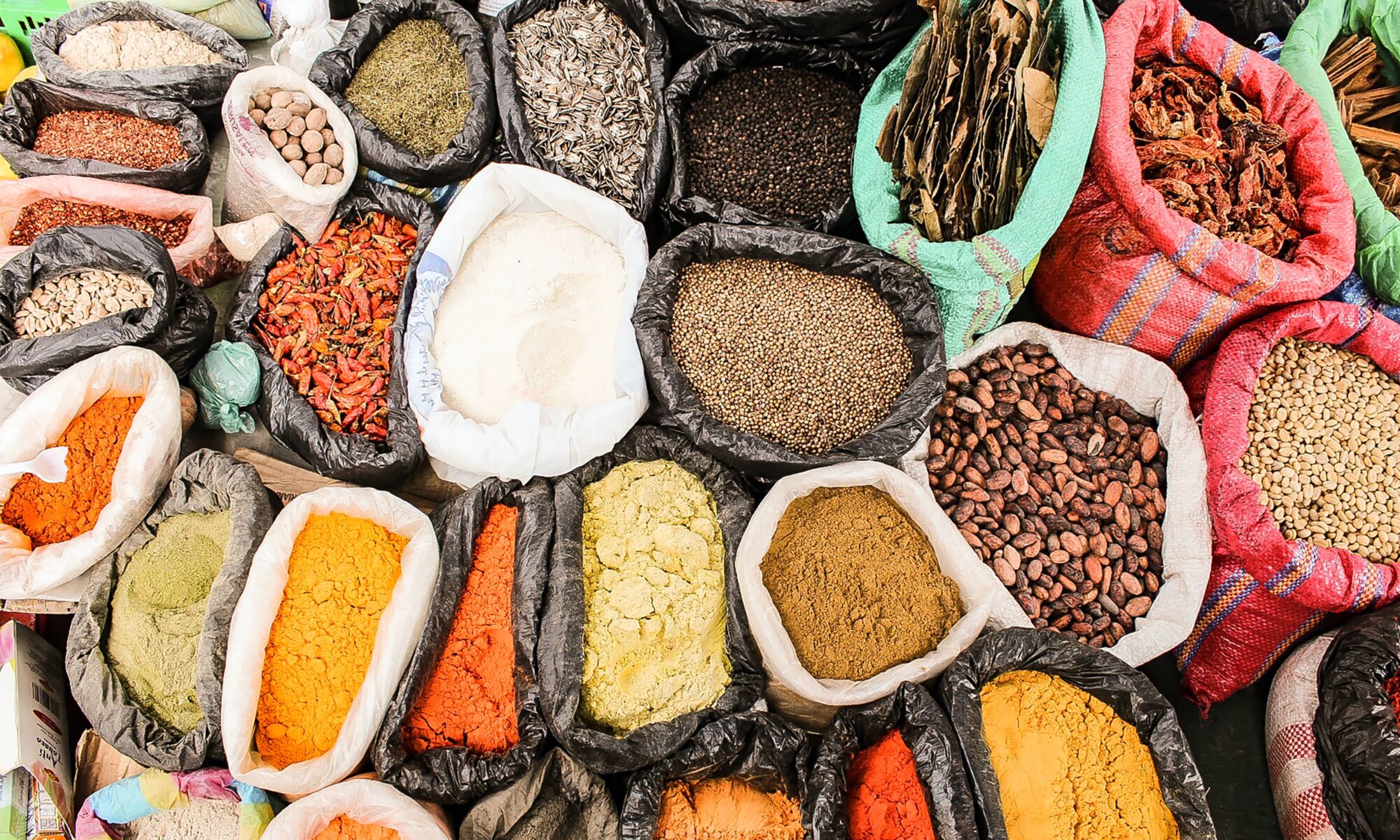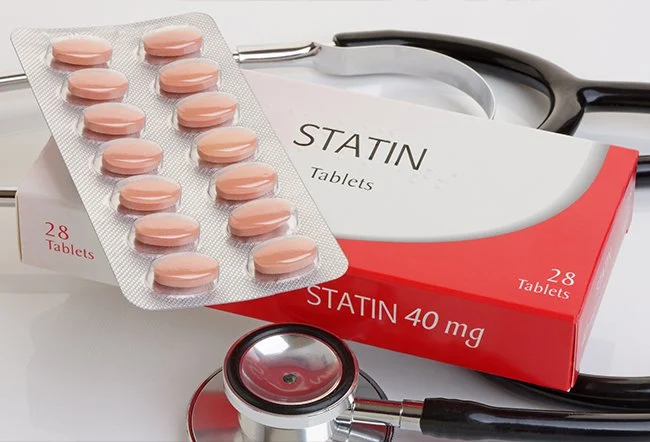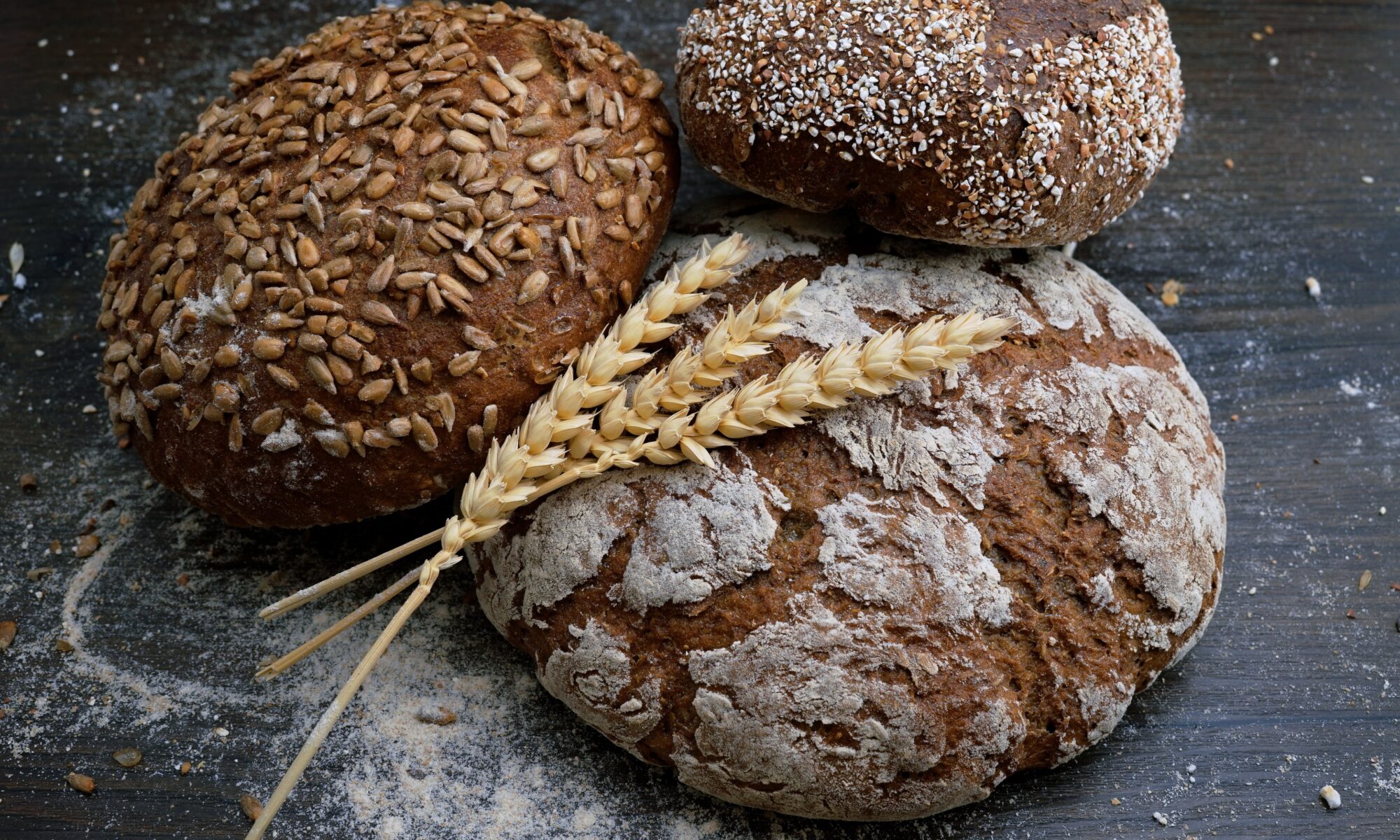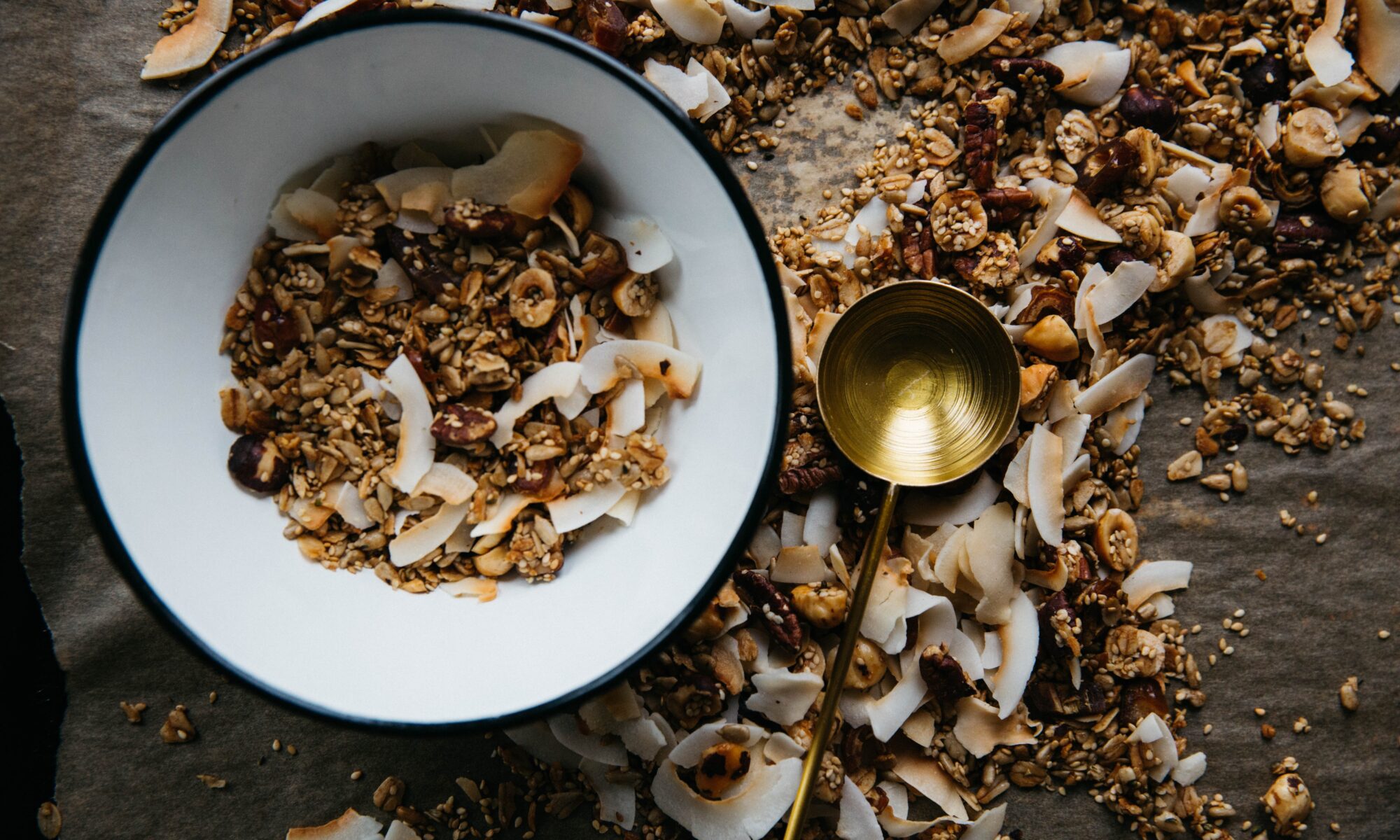By Donnie Yance
“The noblest foundation for medicine is love. It is love that teaches us the art of healing. Without love, true healing can never be born.” – Paracelsus
For thousands of years, medical herbalists in most cultures have utilized the power of whole herbs to promote health and support the body’s innate ability to improve the aging process and promote longevity.
White willow bark (Salix alba) has been used for thousands of years as an anti-inflammatory, antipyretic, and analgesic. The willow tree stands as a powerful symbol in the history of medicine, linked to the discovery of one of the world’s most widely-used drugs: aspirin. This humble tree, with its graceful branches and soothing bark, has played a pivotal role in human health for millennia, offering a fascinating journey from ancient wisdom to modern pharmaceutical breakthroughs.
Continue reading “White Willow Bark- The Miracle Herb for Inflammaging, Pain, and Longevity”
